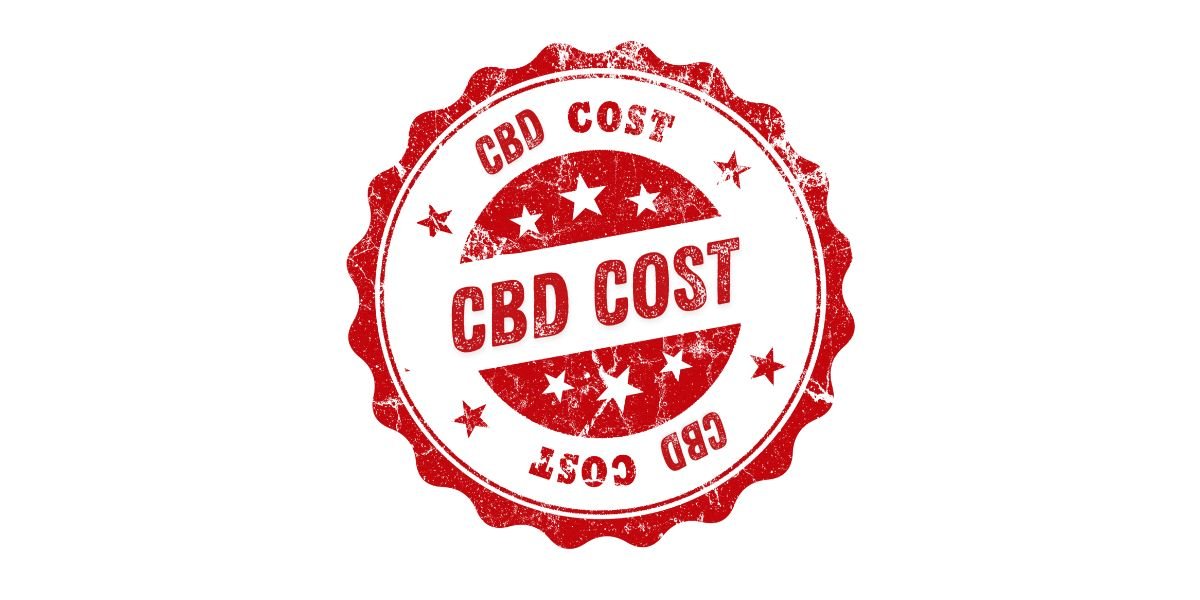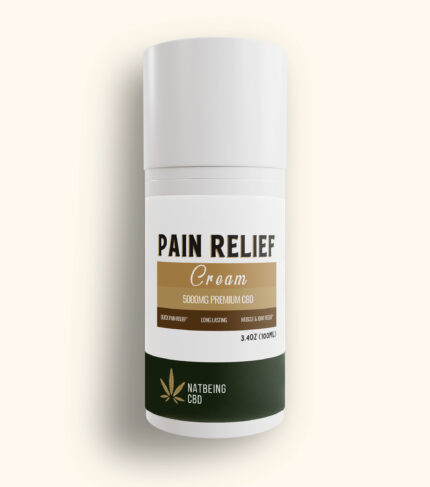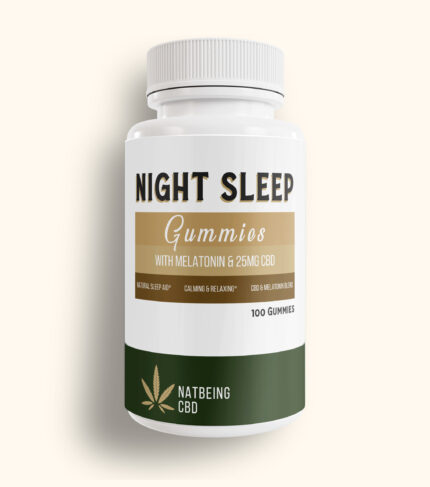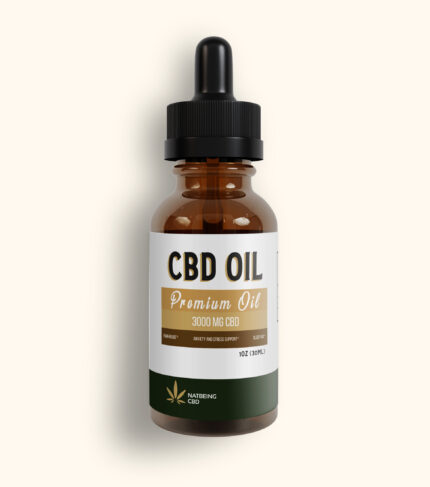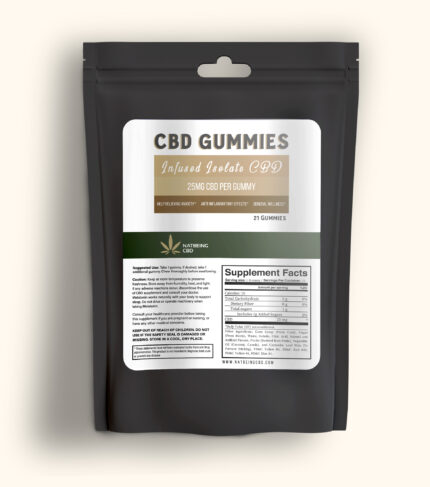
Blog
Inflammation is a natural response of the body. It helps heal injuries and fight infections.
But chronic inflammation can lead to health problems. Understanding how lifestyle choices influence inflammation is crucial. Our daily habits can either calm or fuel this response. Inflammation serves as our body’s defense mechanism. When working correctly, it protects and heals.
Yet, when inflammation becomes chronic, it turns harmful. Lifestyle factors like diet, exercise, and stress significantly impact this process. A healthy lifestyle can reduce inflammation, promoting overall well-being. On the other hand, unhealthy habits may increase the risk of diseases. This blog will explore the science behind inflammation. It will also delve into how our lifestyle choices can affect this complex process. Understanding this can empower you to make healthier decisions every day.
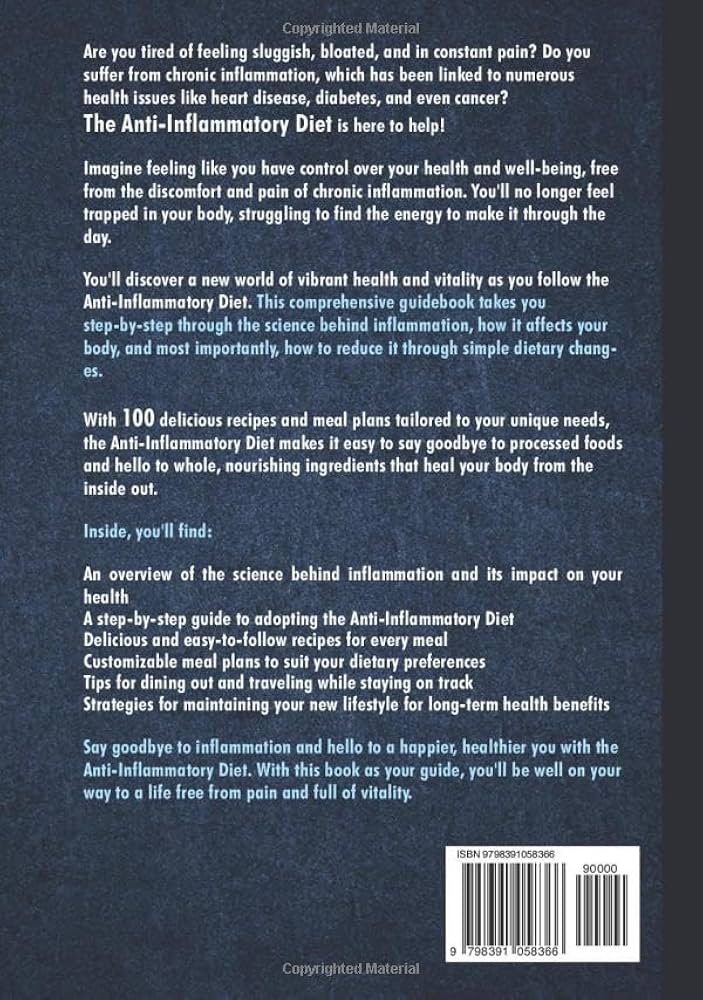
Credit: www.amazon.com
Inflammation Basics
Inflammation is the body’s defense against harm, involving the immune system. Poor lifestyle choices, like unhealthy diets and lack of exercise, can worsen inflammation. Understanding these factors helps in managing health better.
Inflammation is a buzzword you might hear often, but what does it really mean? Understanding inflammation is essential because it’s a key player in your body’s defense mechanism. However, when your lifestyle doesn’t support a healthy balance, inflammation can become a silent troublemaker. Let’s dive into the basics of inflammation and see how your daily choices might influence it.
What Is Inflammation?
Inflammation is your body’s natural response to injury or infection. Think of it as your body’s way of saying, “Hey, something’s wrong!” It sends out white blood cells to protect and heal. Picture the last time you had a cut or a bruise; the redness and swelling were signs of inflammation doing its job. But inflammation isn’t just about physical injuries. It can also occur inside your body without visible symptoms. This internal inflammation can be influenced by factors like diet, stress, and sleep patterns. Have you ever noticed how a poor night’s sleep makes you feel sluggish or unwell? That’s your body reacting to internal inflammation.
Acute Vs Chronic Inflammation
Not all inflammation is created equal. Acute inflammation is short-term and usually beneficial, acting quickly to protect and heal your body. Think of it as your body’s first-aid kit. Imagine you sprain your ankle; the immediate swelling and pain are acute inflammation working to repair the damage. On the flip side, chronic inflammation is like a slow-burning candle, quietly causing harm over time. It can be triggered by long-term stress or a diet high in processed foods. Have you considered how your morning donut habit might be affecting your body? Chronic inflammation might be at play, contributing to conditions like arthritis or heart disease. Balancing inflammation is crucial for your health. Are you making choices that encourage acute rather than chronic inflammation? Assessing your lifestyle habits might reveal surprising influences. Simple changes, like swapping sugary snacks for fruits or practicing relaxation techniques, can support a healthier inflammation response. Understanding these concepts empowers you to take action. How will you adjust your daily routine to promote a healthier balance? The choices are yours.
Causes Of Inflammation
Inflammation arises from various factors like infections, injuries, or stress. Poor diet, lack of exercise, and smoking can worsen it. Understanding these causes helps manage inflammation through lifestyle changes.
Inflammation is a body’s response to injury or infection. It is a crucial defense mechanism, but chronic inflammation can lead to diseases. Understanding its causes helps in managing it effectively. Several factors contribute to inflammation, from diet to environment. Knowing these can aid in making healthier choices.
Dietary Factors
Foods high in sugar can trigger inflammation. Processed foods often contain additives and unhealthy fats. These can also increase inflammatory responses. Consuming excessive alcohol affects the body negatively. It can lead to inflammation over time. A diet lacking fruits and vegetables is another cause. These foods provide antioxidants that reduce inflammation. It’s essential to include them in meals for balance.
Environmental Influences
Pollution can harm the body’s cells. Air pollutants may increase inflammation. Exposure to chemicals at home or work is another factor. Stress is an environmental influence too. It releases hormones that can lead to inflammation. Lack of sleep affects the body’s ability to repair. This contributes to inflammation and health issues. Regular exercise helps reduce inflammation. Sedentary lifestyles can increase inflammatory markers.
Inflammation And Disease
Understanding inflammation helps reveal its impact on diseases. Lifestyle choices like diet and exercise significantly influence inflammation levels. Adopting healthy habits can manage inflammation effectively, promoting overall well-being.
Inflammation plays a dual role in our bodies. It can be a healing response but also a silent threat. When inflammation becomes chronic, it can lead to a host of diseases. Understanding the connection between inflammation and disease can empower you to make lifestyle changes that promote health.
Links To Chronic Conditions
Chronic inflammation is like an uninvited guest overstaying its welcome. It is linked to diseases such as heart disease, diabetes, and even certain cancers. Studies show that people with chronic inflammatory conditions have higher risks of developing these diseases. Imagine having an opportunity to reduce this risk through simple lifestyle changes. Wouldn’t you take it? Diet and stress management can play significant roles in lowering inflammation. Consuming a diet rich in fruits, vegetables, and whole grains can help. Managing stress through techniques like meditation or yoga can also make a difference.
Impact On Immune System
Chronic inflammation can wear down your immune system. When your body is constantly in a state of alert, it can lead to immune system fatigue. This makes you more susceptible to infections and illnesses. Your body’s defense mechanisms are like soldiers on a battlefield. Constant inflammation is like sending them into battle without rest. Over time, they become less effective. Wouldn’t it be better to give them a break through healthy living? Simple changes in your daily routine can restore balance. Regular exercise, adequate sleep, and a balanced diet support immune health. Have you considered how these small steps can make a big impact on your wellbeing? Taking control of your lifestyle is like having a personal toolkit for health. You have the power to influence inflammation and improve your quality of life. Are you ready to open that toolkit and make a change?

Credit: plminstitute.org
Lifestyle Choices And Inflammation
Understanding inflammation is crucial for a healthier lifestyle. Inflammation is the body’s way of fighting harmful stimuli. Yet, chronic inflammation can lead to diseases like diabetes and heart disease. Lifestyle choices significantly impact inflammation levels. By making mindful decisions, you can reduce inflammation. This includes exercise, sleep, and diet. Let’s explore how these choices affect inflammation.
Exercise Benefits
Exercise plays a vital role in managing inflammation. Regular physical activity reduces inflammatory markers in the body. It helps regulate immune system responses. Exercise also promotes the production of anti-inflammatory substances. It improves blood circulation, aiding in toxin removal. Even moderate activity like walking can be beneficial. Aim for 30 minutes of exercise most days. Consistency is key to seeing benefits.
Role Of Sleep
Sleep is essential for controlling inflammation. Poor sleep increases inflammatory chemicals in the body. Good sleep helps repair and restore bodily functions. It strengthens the immune system, reducing inflammation. Aim for 7-9 hours of quality sleep each night. Create a sleep-friendly environment. Limit screen time before bed. This ensures better sleep quality, aiding in inflammation control.
Dietary Strategies
Understanding inflammation is crucial for our health. The foods we eat play a vital role. By choosing the right diet, you can help reduce inflammation. This section explores dietary strategies that promote a healthy body.
Anti-inflammatory Foods
Some foods fight inflammation naturally. Fruits and vegetables are excellent choices. They are rich in vitamins and antioxidants. Berries, spinach, and broccoli are top picks. Whole grains like oats and brown rice are beneficial too. They are high in fiber, aiding digestion. Fatty fish such as salmon and mackerel contain omega-3. These healthy fats reduce inflammation significantly. Nuts and seeds like almonds and flaxseeds are good as well. They offer healthy fats and vital nutrients.
Foods To Avoid
Certain foods can trigger inflammation. Processed foods are a major culprit. They often contain unhealthy fats and sugars. Fried foods fall into this category. They can worsen inflammation over time. Sugary drinks and snacks should be limited. They spike blood sugar levels rapidly. Red and processed meats can increase inflammation. Opt for lean proteins instead. Avoid trans fats found in some margarines and baked goods. They are harmful to your health. Reducing these foods can benefit your well-being.
Stress And Inflammation
Stress is a common part of life. It affects our body in different ways. One of those ways is by increasing inflammation. Inflammation is the body’s response to harm or infection. Stress can make this response worse. It can lead to more health problems.
Psychological Factors
Our minds play a big role in how we deal with stress. Anxiety and depression can increase inflammation. They can make the body’s response stronger. Negative thoughts add to stress. This leads to more inflammation. Understanding these factors is important. It can help us reduce stress and inflammation.
Stress Management Techniques
Managing stress is key to reducing inflammation. There are many ways to do this. Exercise helps the body relax. It releases good chemicals in the brain. Meditation is another useful tool. It calms the mind and reduces stress. Deep breathing is simple but effective. It slows the heart rate and lowers stress levels.
Good sleep is important too. It helps the body recover from stress. Eating healthy foods also helps. They give the body the nutrients it needs. Avoiding sugar and caffeine can reduce stress. These techniques can help manage stress. They can lead to less inflammation and better health.
Natural Remedies
Natural remedies for inflammation have gained popularity as people seek alternatives to traditional medicine. These remedies often focus on lifestyle changes that can help reduce inflammation naturally. While medication can be effective, it’s worth considering how everyday habits can support your body’s healing process.
Herbal Solutions
Herbs have been used for centuries to combat inflammation. Turmeric, for instance, contains curcumin, which has powerful anti-inflammatory properties. Adding a pinch of turmeric to your meals or sipping turmeric tea can be an easy way to harness its benefits.
Ginger is another potent herb known for its ability to reduce inflammation. You can grate fresh ginger into hot water for a soothing tea or add it to your stir-fry. Why not experiment with these herbs in your kitchen and see how they make you feel?
Mindfulness Practices
Stress can trigger inflammation in your body, making mindfulness practices a valuable tool. Incorporating techniques like meditation or yoga into your routine can help manage stress levels. Consider starting your day with a five-minute meditation to set a calm tone.
Deep breathing exercises can also be simple yet effective. Take a moment during your day to breathe deeply, focusing on each inhale and exhale. How often do you pause to breathe intentionally?
Remember, small changes can make a big difference in managing inflammation naturally. Have you tried any of these remedies? If not, which one will you start with today?
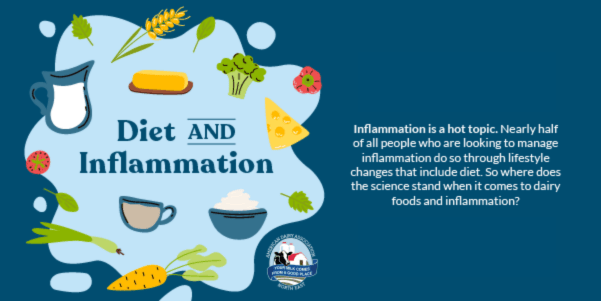
Credit: www.americandairy.com
Future Research Directions
The science of inflammation is a dynamic field. New studies aim to deepen our understanding of this complex biological process. Researchers are focusing on how lifestyle changes can influence inflammation. This offers hope for more effective interventions. Future research directions will explore innovative solutions to manage inflammation. These new pathways aim to improve health outcomes.
Emerging Therapies
Researchers are investigating new therapies to target inflammation. These include plant-based compounds known for their anti-inflammatory properties. Diets rich in fruits and vegetables show promise. They may reduce inflammation markers in the body. Exercise is another area of interest. Physical activity can help manage inflammation levels. Ongoing studies aim to find the best types and amounts of exercise.
Potential Breakthroughs
Scientists are exploring potential breakthroughs in inflammation research. Genetic studies may reveal new insights. They can help us understand why some people have higher inflammation risks. Personalized medicine is another exciting area. Tailoring treatments based on individual genetic profiles could become possible. Researchers are also studying the microbiome. Gut bacteria play a significant role in inflammation.
These future research directions hold promise. They may lead to innovative approaches to manage inflammation. New therapies and insights could transform how we understand and treat inflammation.
Frequently Asked Questions
What Is The Science Of Inflammation?
Inflammation is the body’s natural response to injury or infection. It involves immune cells, blood vessels, and proteins. This process helps eliminate harmful stimuli and initiates healing. Chronic inflammation can lead to diseases like arthritis and heart disease. Understanding inflammation aids in developing treatments for various conditions.
What Is The #1 Most Inflammatory Food?
Sugar is often considered the most inflammatory food. It triggers the release of inflammatory messengers. Consuming high amounts can lead to chronic inflammation. Limiting sugar intake helps reduce inflammation and supports overall health. Opt for natural sweeteners like honey or fruits instead.
What Is The Root Cause Of Inflammation In The Body?
Inflammation often arises from infections, injuries, or chronic diseases like arthritis. It can be triggered by unhealthy diets, stress, or environmental toxins. The body’s immune response aims to protect and heal, but prolonged inflammation can lead to health issues. Identifying and addressing these triggers can help manage inflammation.
What Is The Fastest Way To Flush Inflammation?
Consume anti-inflammatory foods like turmeric and ginger. Stay hydrated and get sufficient sleep. Engage in regular exercise to boost circulation. Avoid processed foods and reduce sugar intake. Incorporate omega-3 fatty acids and antioxidants into your diet for optimal results.
Conclusion
Understanding inflammation is key to better health. Lifestyle choices impact inflammation levels. Eating balanced meals helps reduce it. Regular exercise supports your body’s defenses. Managing stress lowers inflammation risks. Sleep aids recovery and balances your system. Positive habits lead to healthier living.
Small changes can make a big difference. Listen to your body’s signals. Prioritize well-being for lasting benefits. Stay informed and take action. Your choices matter every day.
Related posts
How Fast Does CBD Cream 5000mg Work on Sore Muscles?
Menthol and CBD: A Dynamic Duo for Pain Relief
Delta-8 vs Delta-9 THC: Which One Is Right for You?
CBD Cream 5000mg: Powerful Relief for Pain, Muscles & Joints
CBD for Arthritis Pain: What You Should Know
CBD Creams: Made with Hemp Oil for Pain Relief & Joint Support
Understanding Oral CBD vs Topical CBD: Which Works Best for You?
How CBD Cream Supports Your Body’s Natural Balance
CBD Cream for Arthritis Joint Pain: A Natural Way to Find Relief
Is CBD Cream the Secret to Glowing, Healthy Skin?
How CBD Cream Works on Your Skin
CBD Cream Costs: Finding the Perfect Balance Between Price and Quality
Table Of Contents
Recent Posts
Products
-
 CBD Cream 5000mg – Extra Strength Pain Relief Topical Rated 4.83 out of 5$33.93 – $49.99Price range: $33.93 through $49.99 — or subscribe and save up to 25%
CBD Cream 5000mg – Extra Strength Pain Relief Topical Rated 4.83 out of 5$33.93 – $49.99Price range: $33.93 through $49.99 — or subscribe and save up to 25% -
 CBD Sleep Gummies 2500mg With Melatonin - 100 count Rated 5.00 out of 5
CBD Sleep Gummies 2500mg With Melatonin - 100 count Rated 5.00 out of 5$69.99Original price was: $69.99.$34.99Current price is: $34.99. -
 3000mg CBD Oil Rated 5.00 out of 5$29.90
3000mg CBD Oil Rated 5.00 out of 5$29.90 -
 CBD Gummies 500 mg - 21 Gummies Rated 5.00 out of 5$19.90 – $23.00Price range: $19.90 through $23.00
CBD Gummies 500 mg - 21 Gummies Rated 5.00 out of 5$19.90 – $23.00Price range: $19.90 through $23.00
